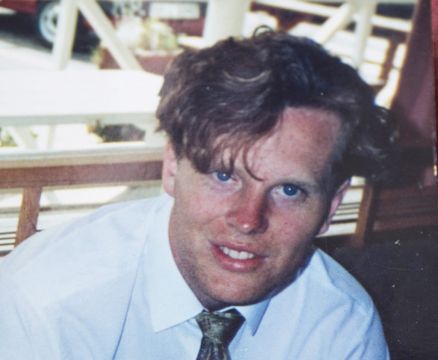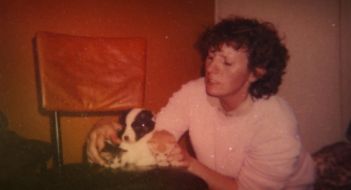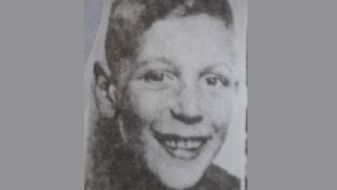The family of a missing man, who were unaware his body had been discovered twenty-five years ago off the West coast, have asked why his body was not been identified sooner.
A garda spokeswoman said Monday that “gardai investigating the discovery of unidentified remains found on the shore at Inis Mor Aran Islands, Co Galway, on April 7, 1996, had received confirmation that the remains are those of 23 year old Denis Walsh of Caherdavin, Co Limerick”.
Mr Walsh was “reported missing on March 9, 1996 and now due to advances in DNA a positive identification has now been established”, the spokeswoman said.
Gardaí called to Mr Walsh’s home last Friday and informed his mother Mary (82) and father Denis (81) of the shocking news.
Speaking Monday night, Mike Walsh, a brother of the deceased, said gardai had informed them that his brother’s remains had been “buried in a communal grave at Bohermore Cemetery, Co Galway, in 2014”.
Mr Walsh said the family now want to have his brother’s remains “exhumed” and laid to rest in Limerick near the family’s home.
Informed sources said gardaí had to make contact with several authorities in Galway to confirm the location of where Mr Walsh’s remains had been buried.
Denis Walsh snr said he was “thankful” to gardai but that, he also felt “upset” and “bewildered” as to why his son had not been identified sooner, particularly around the time his remains were found.
“I would have to say I am mad at what has gone on for the past 25 years. At least we’ll hopefully be able to get the remains back and have a Christian burial,” Mr Walsh said.
“We lived for 25 years hoping that someday he might ring or come back in the front door and now our hopes have been shattered.”
“We are thinking of relatives of other missing people and our thoughts are with them too today, they are going through the same thing as us, with no hope,” he said.
Mr Walsh said he wanted further information from the authorities “if there were sufficient dentures (on the remains), and were the dental records checked”, and, “depending on the length of time he was in the water, were his fingerprints taken?”
“There were posters of Denis up around Galway and we gave in posters to the gardai, shortly after he went missing, we handed out flyers all over the place”.
Denis was the youngest of five children and regarded as intelligent, sporty, kind, and outgoing, however his family said his personality changed after he experimented with drugs while on a working holiday in Holland when he was 17 years old.
Later on Denis had to step away from a college course in economics after he suffered a breakdown, which his family believe was fueled by a “bad reaction” to a drug.
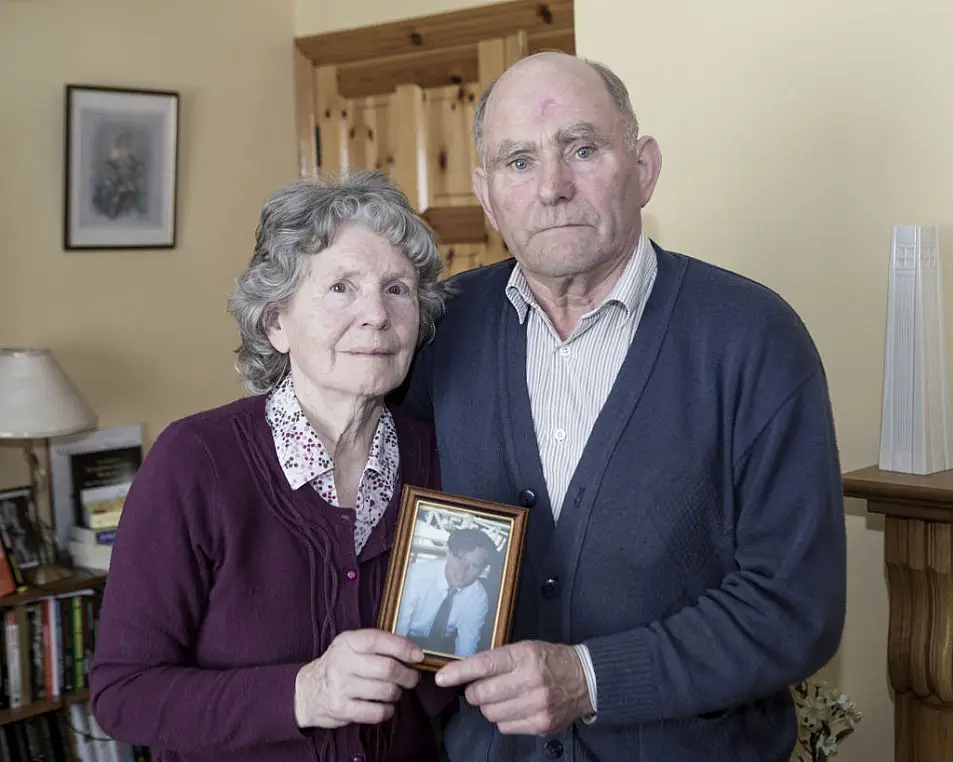
Mary Walsh said: “To be honest I have thanked God that I am finally getting Denis home and that some of the mystery is solved. We have had 25 years of worrying, and wondering where was he, and I felt that something serious had happened to him.”
“So, it is a sense of relief to know that we are finally getting closure, and that we will have a grave to visit and finally be able to talk to Denis. Every morning, noon, and night, I would just think, ‘where are you Denis’.”
“That morning he had his breakfast with us, but he was very nervous in himself. He said he was going into town and he said he’d be back for his dinner that evening.”
“I would like (more) answers, and I would like now to get his remains back and give him a Christian burial,” Ms Walsh added.
Over the years, Mr Walsh’s parents traveled the length and breadth of the countryside and on to England, following up on dozens of false sightings, interviewing people, and handing out posters with Denis’s photograph.
“There were sightings all over Ireland and we followed them all up, and little did we know that all that time his body had been recovered. And that’s the sad thing I am feeling, that all those times we were looking for him and he had ready been found. For that I have no answer, how that could happen?,” asked Ms Walsh.
Gardaí said the unidentified remains were “taken to the Mortuary” in University College Hospital Galway and, “bodily samples were taken and forwarded to the Forensic Science laboratory in an effort to identify the deceased”.
“These samples were examined in July 2008, March 2011 & June 2017, with negative results for a match. On the 5th of February 2021, Gardai in Mayorstone were notified of a positive match following advances in DNA.”
“The remains were positively identified from reference samples from both parents as that of Mr Walsh.”
A garda spokeswoman said “a family liaison officer” was keeping the family up to speed on developments in the case.
Gardaí did not respond to questions about what became of Mr Walsh’s remains, nor did they respond when asked if foul play was suspected or not.
Mike Walsh said gardai told them that a post mortem had been conducted on the remains and that they would have to apply “through official channels” to get a copy of the post mortem report. They will also have to seek permission from the department of the environment to exhume his brother’s remains, he said.
“We want to see the results of the post mortem and we want the (remains) exhumed, and obvusly that won’t happen overnight.”
Mike Walsh said he has “thought about Denis everyday” over the past two decades.
A photograph of the brothers together in happier times, playing ball when they were children, stood out among all the other photographs at the family’s home in Caherdavin.
The news of Denis “was a bolt, but a part of you is always expecting it”, Mike Walsh said.
“It’s hard to describe how I am feeling, that his body was found so long ago and within a couple of weeks of him going missing, it’s certainly a lot to take in.”
“Denis was very very outgoing and very friendly, everyone had great time for him. He never had a bad word to say about people and he always saw the good in people.”
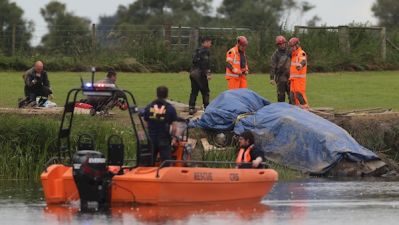
“When Denis came back (from Holland) he had had a bad reaction to something he had taken there. He wasn’t a wild kid or anything, it would have been purely experimentation, it was like something had tripped in his mind, and that brought on the mental illnesses that followed.”
“It does serve as a warning to young people - it didn't agree with him and it did change his life and the person he was, ultimately. Denis was one of the unlucky ones.”
